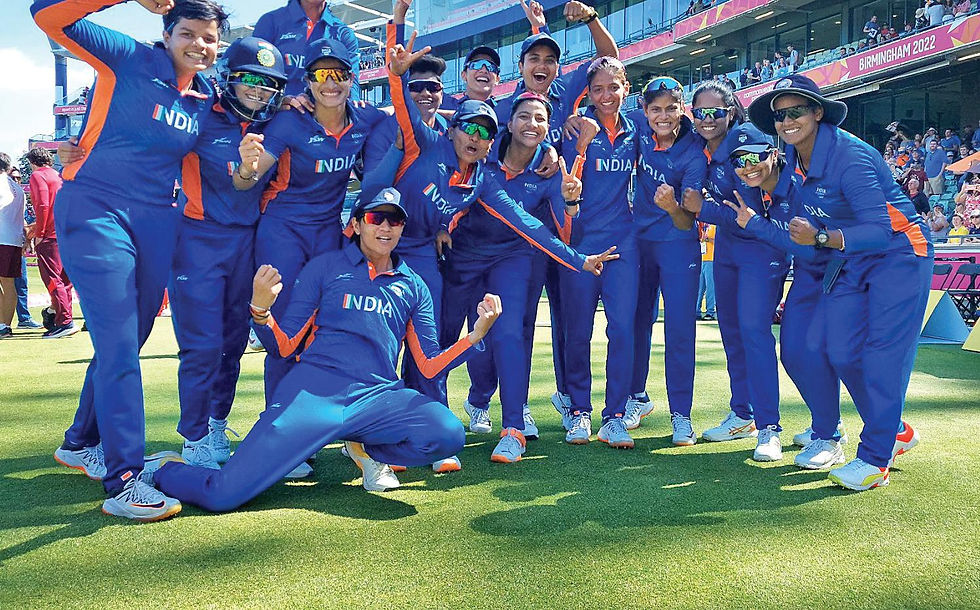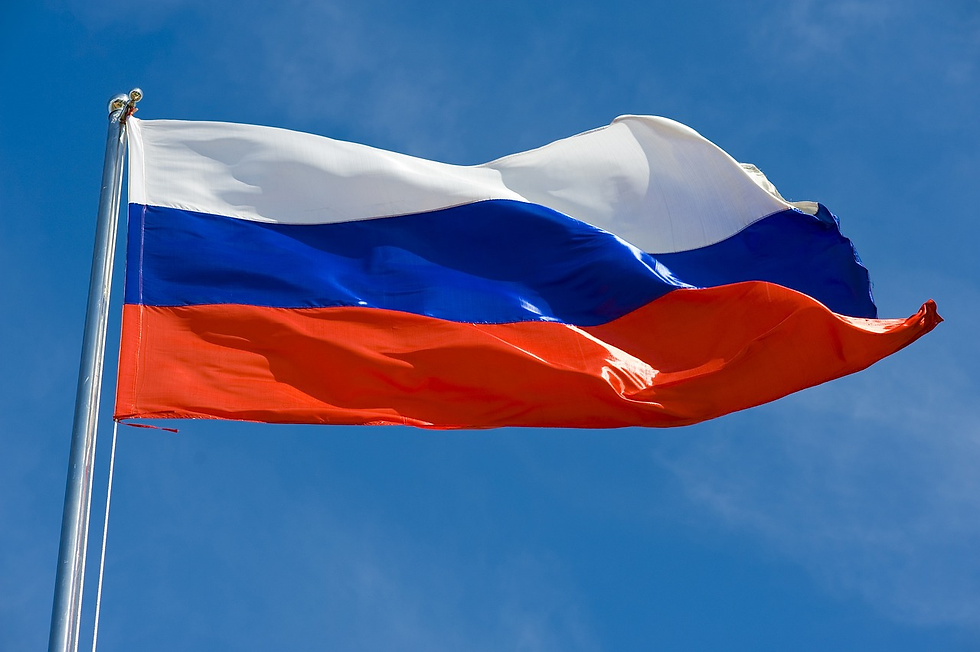2020 Tokyo Olympics: A Watershed Moment for Mental Health in Sport
- Anishkaa Worthington
- Aug 24, 2021
- 3 min read
Updated: Dec 23, 2024
There is no objection that the Tokyo Olympics have left a unique legacy in the history of this international sporting event. From being held in the midst of a global pandemic with heightened feelings of anxiety and loneliness, as well as adopting solidarity with various human rights issues, this year’s Olympics will be celebrated for many years to come. However, it will be impossible to forget the Games as a watershed moment for mental health in sport.
Since winning four gold medals at the 2016 Summer Olympics in Rio de Janeiro, Simone Biles has been a household name, and was a predicted gold medallist at the 2020 Tokyo Olympics. Yet, spectators were in disbelief when she announced her withdrawal from Team USA’s female gymnastics team on the grounds of struggling with her mental health. In an interview, Biles disclosed that her mental health had been poorly impacted whilst coping with the demands of being one of the most famous athletes in the world, a role model, as well as the additional challenge of surviving the global pandemic. She explained that her priority was to focus on her well-being, as there is “more to life than gymnastics”.

Her decision to prioritise her mental health rather than compete in her remaining events was met with intense criticism, and she was described as “selfish” and a “national embarrassment” by deputy Texas attorney general, Aaron Reitz. After public backlash as a result of the comments, the comments were later followed by an apology to Biles on Twitter.
Despite this criticism, her decision has been praised by many, and her withdrawal from the Olympics has been marked as a significant example of mental health taking precedence over status and wealth, especially when in the limelight. In an article published by Time magazine, Biles was described as making a “courageous choice” for confronting her deteriorating mental health before giving it the chance to get progressively worse.
Fortunately, Simone Biles is not the only athlete to voice their struggles with mental health when competing in major sporting events.
Towards the end of May 2021, Tennis champion Naomi Osaka withdrew from the French Open due to having severe bouts of anxiety before every speaking engagement. In response to this, she was fined $15,000, and was threatened with suspension from the tournament for not participating in compulsory media activities. She revealed that she has suffered from ongoing depression and anxiety after her triumphant win against Serena Williams at the US Open in 2018: a game in which she was booed and jeered at. The actions of the sporting committee to punish the tennis champion for standing up for herself and protecting herself from further distress sent a clear message about the lack of mental health advocacy within elite sport.
Apart from Biles, other Olympic participants also came forward, describing their struggles with mental illnesses and their plans to seek support. After winning bronze earlier this month for the Men’s 200m Sprinting Final, Noah Lyles tearfully disclosed that he had been taking antidepressants to cope with the anxiety of the past difficult year. Lyles described the choice as “one of the best decisions (he has) ever made”.
As more athletes contribute to the discussion of achieving Olympic success and the toll it can take on one’s mental health, it is becoming increasingly accepted that athletes are often overwhelmed by the stress and pressure of performing at the highest levels. The conversation has often fallen on deaf ears, but the Tokyo Olympics have highlighted that athletes are eager to bring a new level of awareness and espousal for the acknowledgment of mental health struggles on an international scale.

_edited.png)



Comments